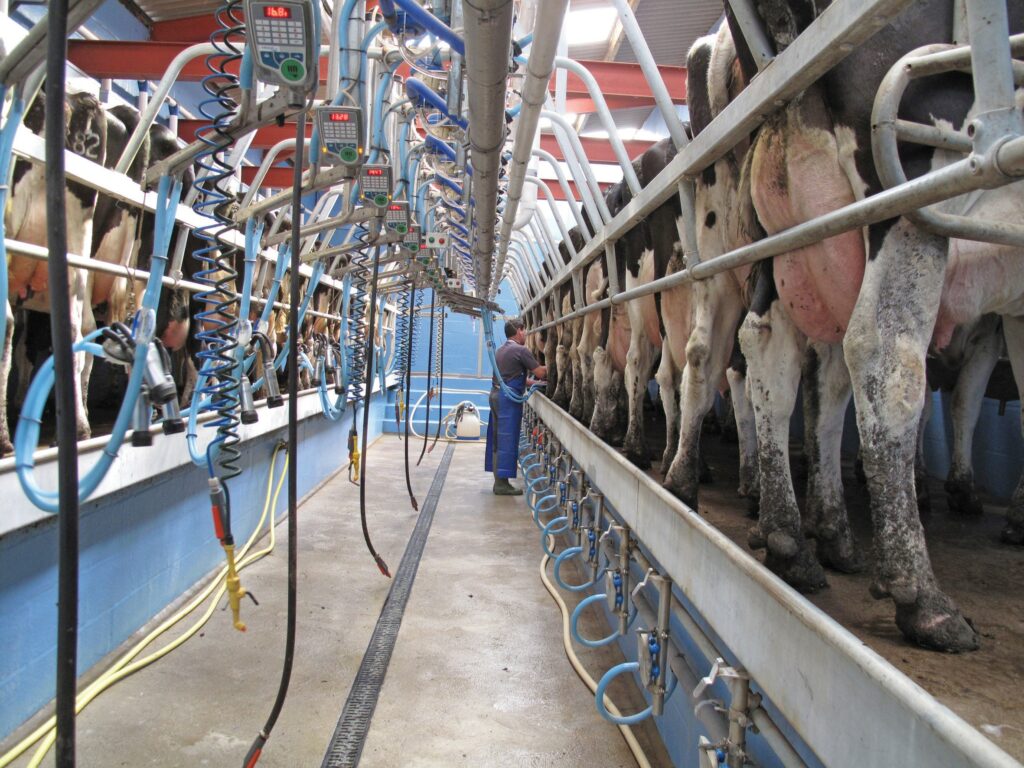With the country under current Covid-19 restrictions, it’s important that dairy farmers begin planning for the 2021 season. Most dairy farms will employ someone during the busy spring period or as a relief milker throughout the year.
If you haven’t already done so, it is important to introduce precautionary measures, like those introduced to farms back in March and April of 2020.
Many of these measures will be already in use on dairy farms to avoid the spread of diseases.
With the busy spring period just around the corner, farmers should begin putting these measures in place again to protect themselves, farm staff and visitors, such as a milk lorry driver.
Before milking
Disinfect your boots in a fresh footbath before entering the milking parlour or dairy. Wash your hands thoroughly with warm water and soap for at least 20 seconds as per HSE guidelines.
Use nitrile disposable gloves and a clean parlour apron or parlour suit. Moreover, use your own personal protective equipment (PPE) and don’t share with other milkers.
Milking in herringbone parlours
Where possible, milk with one person in the pit. Disinfect your gloves and parlour apron/suit regularly throughout the milking.
Where two people are needed, split the parlour into two zones, for example, in a 30-unit parlour, let one milker look after units 1-15 and the other milker look after units 16-30 to enable physical distancing.
Although bunny-hopping is the most efficient way to milk cows in a large herringbone parlour, it is safer to split the parlour into two zones as outlined above for the duration of Covid-19 restrictions.
Milking in rotary parlours
Milk with one person putting on the clusters (where possible). Where two people normally put on the clusters, it is worth considering cutting this back to one person during restrictions to ensure milker safety.
If two people are needed, it is essential that staff keep at least 2m apart, as per HSE guidelines.
After milking
Wash down and disinfect your parlour apron or suit. Remove your gloves correctly, discard and wash your hands thoroughly with warm water and soap following HSE guidelines.
Covid-19 can stay on plastic and steel surfaces for 72 hours. Therefore, it is important to disinfect shared work areas. Pay particular attention to clusters, bulk tank outlet and door handles. Minimise staff contact as much as possible.
Follow your co-op guidelines regarding the provision of soap, paper towel and the regular disinfection of surfaces.



